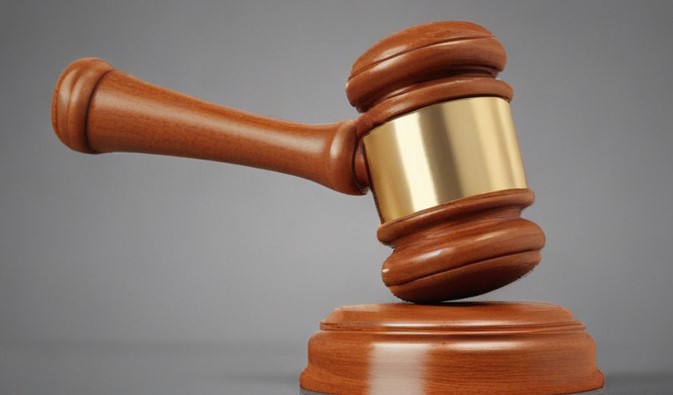
The advent of Internet Protocol Television (IPTV) has revolutionized the way we consume media, offering a more personalized and interactive experience compared to traditional broadcast television. With the rise of Video on Demand (VoD) services, viewers can now watch movies, sports, and TV shows at their convenience. However, this convenience comes with a complex legal landscape that both providers and consumers must navigate to ensure compliance.
Regulations Governing VoD Services
In the UK, VoD services and IPTV subscriptions are subject to various regulations that aim to protect copyright, ensure content suitability, and uphold broadcasting standards. The Audiovisual Media Services Regulations 2009, as amended by subsequent legislation, set out the rules for on-demand program services. These regulations are enforced by the Office of Communications (Ofcom), which has the authority to take action against services that fail to comply.
Licensing and Copyright
For IPTV streaming services offering VoD, it is crucial to obtain the necessary licenses for the content they provide. This involves negotiating rights with copyright holders and ensuring that the content is cleared for on-demand viewing. Additionally, providers must be mindful of the watershed rules and age ratings to protect younger audiences from inappropriate content.
Consumer Awareness
Consumers, on the other hand, must be aware of the legalities surrounding the streaming of premium content. Utilizing legitimate services and avoiding the pitfalls of piracy are essential steps in enjoying digital TV without infringing on copyright laws. It is also important for viewers to understand the terms of service and privacy policies of their chosen IPTV provider, as these documents outline the user’s rights and responsibilities.
Adapting to Technological Advancements
The legal framework of VoD within IPTV streaming services is designed to balance the interests of content creators, providers, and consumers. By staying informed and vigilant, all parties can enjoy the benefits of digital TV while adhering to the legal requirements that govern this ever-evolving medium. As technology continues to advance, it is likely that the regulations will also adapt, ensuring that the legal landscape remains fit for purpose in the digital age.
Resources and Legal Guidance
For those interested in delving deeper into this topic, there are numerous resources available that provide guidance on the regulations and best practices for compliance. Consulting with legal experts in media law can also offer valuable insights and assistance in navigating the complexities of IPTV streaming services. Ultimately, understanding and respecting the legal framework is key to the sustainable growth of the VoD industry and the continued enjoyment of its services by viewers across the UK.
READ ALSO: Navigating the Legal Landscape: Submitting Your Guest Post in the World of Law
Conclusion
In summary, adherence to the legal framework governing Video on Demand (VoD) services within Internet Protocol Television (IPTV) streaming platforms is paramount for maintaining a fair and compliant digital TV environment. Both providers and consumers must understand their roles and responsibilities to ensure the integrity of the content distribution ecosystem.
As technology evolves, so will the legal landscape surrounding VoD services. It is crucial for all stakeholders to remain vigilant and adapt to these changes, fostering a sustainable and equitable environment for content creators, providers, and consumers alike.


